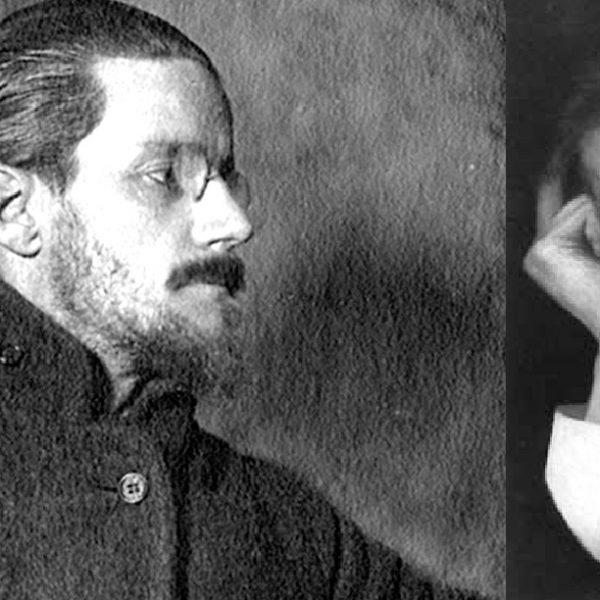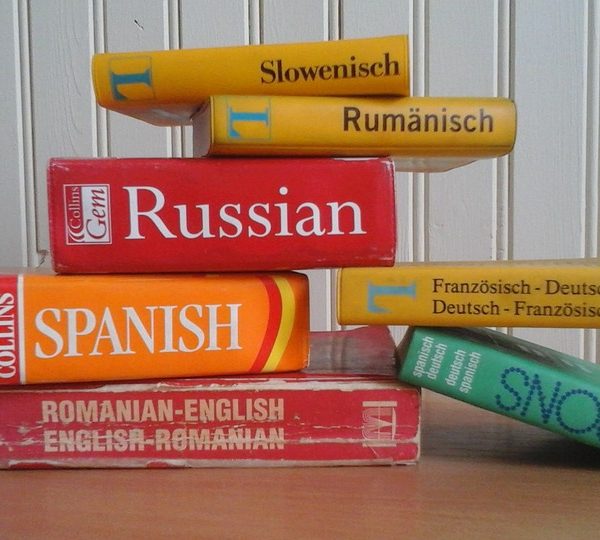Lost Without Translation
For the past few summers,
the literary world appears to have been seized by a storm: literature
translated from different languages. This summer’s huge hit was a Swedish
thriller called The Girl Who Kicked the
Hornet’s Nest, the third in author Stieg Larsson’s Millennium trilogy, and
the result was readers coming in by the droves seeking more books of a similar
nature. The New York Times even commented
on this new phenomenon, for famous Scandinavian bestsellers are only just now
being translated into English because of the Millennium trilogy’s success.
For every success, though,
there are thousands more of books in every language that lay untranslated. Three
Percent, a website founded three summers ago, was named thusly because only
about 3% of all books published in the United States are translated ones –
and only 0.7% are poetry and literary fiction.
Also in 2007, Yale first
launched The
Margellos World Republic of Letters series, which translates previously
overlooked works from cultures worldwide into English. There are many excellent
books in this series, such as poetry from Italy
and Syria, novels from Croatia and China – the list goes on.
Since the current fascination
for translated literature leans towards the Scandinavian, readers should know
that Swedish authors have more than just crime and mystery novels to offer.
Göran Sonnevi’s book of poems, Mozart’s
Third Brain, is a collection of his thoughts and surroundings, which
are masterfully woven together in a way that makes them come to life with
loose, fracture and radiating intensity.
Sonnevi was winner of the
2006 Nordic Council’s Literature prize, and Mozart’s
Third Brain, his thirteenth work of poetry, is beautifully rendered in
English by award-winning translator Rika Lesser. From politics and current
events to mathematics, philosophy, love, ethics and nature, there is little
Sonnevi does not address in his long-form poem. 
It may seem that we have
reached new heights in translating literature, but the storm is still far from
reaching its peak. As Edith Grossman, author of Why
Translation Matters, puts so aptly, “Translation
always helps us to know, to see from a different angle, to attribute new value
to what once may have been unfamiliar,” we hope that literature in translation
is a trend that stays.


























Really very relevant artical with the topic it is good work. http://www.translation.pk
This is fantastic information for blog. I really love the way information presented in your post. I have added to you in my social bookmark…and i am w8ing your next post………
Great blog post, I hope that literature in translation is a trend that stays as well. It is a better way for other cultures to better understand one anothers literature works.